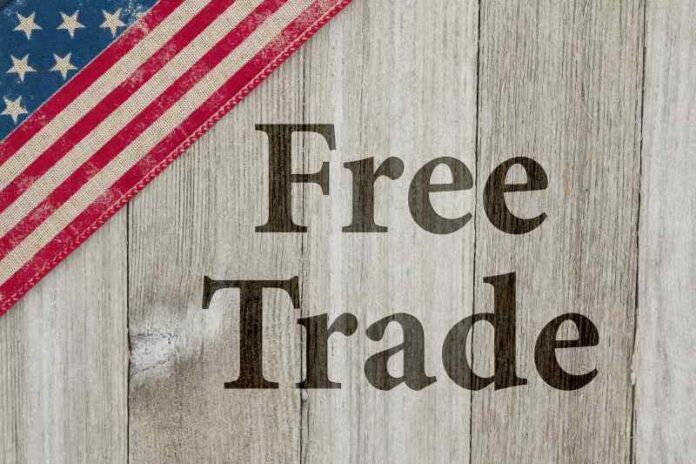
Do you know how the goods and services you use day-to-day are made? If you’re in the United States, you may have a good idea after the COVID-19 pandemic hit.
United States domestic production hit new highs, and the country focused on developing its own goods and services. Many experts argue that this is why the country got back to pre-pandemic levels. The U.S. shifted towards supporting manufacturing at home, focusing on free trade.
Read on to learn more about what is free trade and why it’s so important.
What Is Free Trade?
What is free trade? In simplest terms, free trade is the absence of tariffs, quotas, and other restrictions on imports and exports between economies. Free trade agreements are designed to lower these barriers, making trade fairer and more efficient.
Free trade is important because it allows countries to specialize in what they do best and to trade with other countries for the things they don’t produce themselves. This boosts economic growth and makes everyone better off.
When trade barriers are removed, there are more opportunities for businesses to expand and for people to find new jobs. And, as traded goods get cheaper, consumers can enjoy a greater variety of products.
Free Trade Agreements
Free trade agreements are international agreements that lower trade barriers, such as tariffs and quotas, between nations. These agreements can be bilateral, meaning between two nations, or multilateral, involving three or more nations.
These are important because they expand opportunities for trade and investment while also promoting economic growth and development. Additionally, free trade agreements help to reduce poverty by opening up new markets for developing countries.
The Benefits of Free Trade
Free trade is the commercial policy under which businesses engage in international trade without government interference. Free trade is an important part of the global economy, and it has been shown to have many benefits for both consumers and businesses.
These benefits include increased competition, lower prices, and greater variety of goods and services. It is also said to promote economic growth and to create jobs.
It is important to remember that free trade is not the same as fair trade. Fair trade is a type of trade that is designed to help developing countries by ensuring that they receive better prices for their exports. According to Joseph Stiglitz and Andrew Charlton, free trade helps promote better economic development worldwide.
The Drawbacks of Free Trade
Free trade can also have some drawbacks, such as when it results in the loss of jobs in certain sectors of the economy, or when it leads to a decline in the quality of goods and services.
It can also lead to a decline in the production of domestic goods and services, and it can cause environmental problems if goods are produced in countries with lax environmental regulations.
Free Trade: More Efficiency and Lower Prices
Free trade is an economic policy that allows for the free exchange of goods and services between countries without barriers. It is important because it allows for more competition and encourages economic growth.
It also allows countries to specialize in producing goods and services that they are most efficient at producing. This leads to more efficiency and lower prices.
Now that you have learned what is free trade, find more interesting news and articles on our blog!

